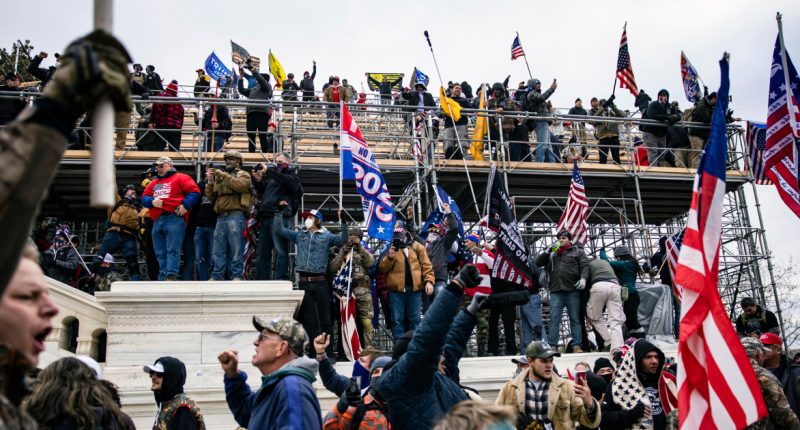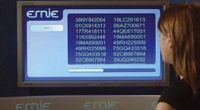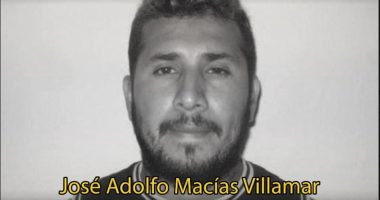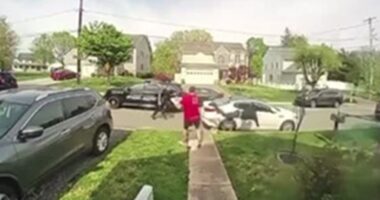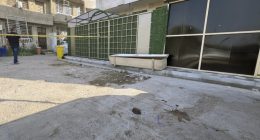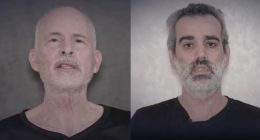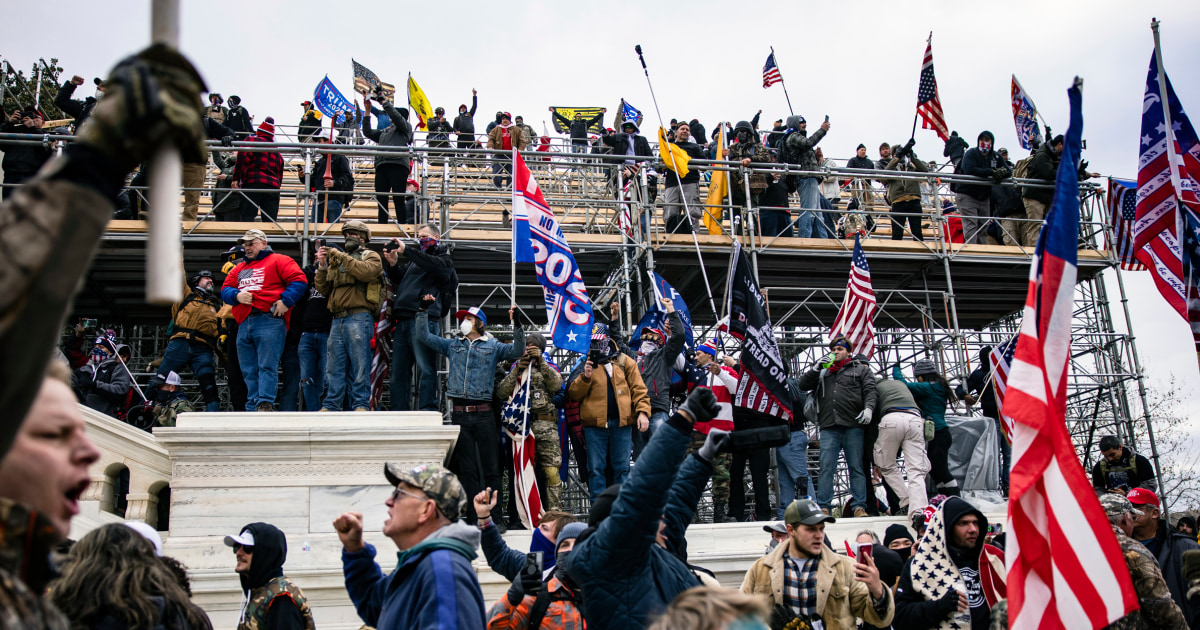
WASHINGTON — The Supreme Court on Friday is set to consider for the first time whether to hear appeals brought by people charged with offenses relating to the Jan. 6, 2021, assault on the U.S. Capitol in cases that could have a major impact on the criminal prosecution of former President Donald Trump.
The justices, in their regular private meeting to discuss which new cases to take up, are scheduled to consider three different appeals brought by defendants Joseph Fischer, Edward Lang and Garret Miller.
The three men are seeking to dismiss a charge accusing them of obstructing an official proceeding, namely the certification by Congress of President Joe Biden’s election victory, which was disrupted by a mob of Trump supporters.
Trump has been charged with the same offense, as well as others, in his federal election interference case. As a result, whether the court takes up the appeals or rejects them could affect his case.
If the court rejects the appeals, a lower court ruling that allowed the government to pursue the charges against the defendants would remain in place.
But if the justices take up the cases, it would lead to a monthslong delay while they hear oral arguments and issue a ruling sometime during the court’s current nine-month term, which ends in June. At least four votes are needed for the nine-justice court to hear a case.
The last time the Supreme Court considered an appeal related to Jan. 6, conservative Justice Clarence Thomas did not participate. That case involved John Eastman, who advised Trump on Jan. 6 and is a former Thomas law clerk. Furthermore, Thomas’ wife, the conservative political activist Virginia “Ginni” Thomas, was a vocal supporter of Trump’s efforts to overturn the 2020 election.
Trump’s lawyers could use the Supreme Court’s involvement as one opportunity to delay his election interference trial, which is scheduled to start in March.
Should the court hear the cases, Trump “could credibly ask to delay his trial until the case is resolved,” said former federal prosecutor Randall Eliason, who teaches at George Washington University Law School. With the court’s ruling likely to come before the end of June in that scenario, the trial could still happen before the election, he added.
Trump is the front-runner in the polls for the Republican presidential nomination, and any delay in his criminal trial in Washington would be to his benefit. If Trump were to win the election in November, he would then be in a position to have the charges dismissed. If the case proceeds as scheduled in March and Trump were to be convicted, he could be sentenced before the election.
The election interference case, which could also affect other Jan. 6 defendants facing similar charges, is one of four criminal prosecutions Trump is fighting. Two were brought by special counsel Jack Smith, while the others were brought in New York and Georgia.
Three days after Trump was indicted in the Jan. 6 case, he posted on his Truth Social platform that the cases against him amounted to election interference and that “the Supreme Court must intercede.”
In the appeals pending at the Supreme Court, the only provision at issue is 18 U.S.C. 1512(c)(2) of the U.S. Code, which criminalizes any effort to “corruptly” obstruct, influence or impede any official proceeding. Conviction can result in a prison sentence of up to 20 years. The Justice Department says the term “official proceeding” has been defined to include proceedings before Congress.
The provision was enacted in 2002 as part of the Sarbanes-Oxley Act, a bill passed in the aftermath of the Enron accounting scandal. As such, defendants say it was never intended to apply to an incident such as Jan. 6.
In seeking to dismiss Trump’s indictment in his federal election case, his lawyers wrote that “the indictment takes a statute directed at the destruction of records in accounting fraud and applies it to disputing the outcome of a Presidential election. This stretches the statutory language beyond any plausible mooring to its text.”
The application of the provision in Trump’s case could also raise issues separate from those in the Supreme Court appeals, in part because Trump himself did not participate in the Capitol attack.
In lower courts, defendants have said the law has been applied too broadly and questioned whether the word “corruptly” can be applied to their cases, based on the theory that the statute refers only to tampering with evidence and not, for example, to the assault of a police officer.
U.S. District Judge Carl Nichols, who is overseeing the criminal cases of the three Jan. 6 defendants, initially dismissed the charges, one of several each of the defendants faces.
But in an April ruling, the U.S. Court of Appeals for the District of Columbia Circuit ruled for the government in a 2-1 vote. The three judges all differed in their reasoning.
Fischer is a former police officer who, the government says, had a physical encounter with another officer and urged rioters to “charge” and “hold the line.” Fischer’s lawyers said he entered the Capitol only after Congress had recessed and was inside the building for just four minutes. Fischer said he wanted to go “to war” and “Take democratic [C]ongress to the gallows” if Trump did not get into office for a second term, government prosecutors said. “Can’t vote if they can’t breathe … lol,” he allegedly texted.
Lawyers for Lang said in court papers that their client “went to the Capitol to protest [and] was swept up in the violence of a crowd and the ensuing struggle with police officers, where he acted to defend himself and others from police violence.” He is charged with four counts of assaulting a federal officer, among several other offenses.
“1776 has commenced,” Lang wrote about Jan. 6.
“GIVE ME LIBERTY OR GIVE ME DEATH,” he added. “THIS IS ONLY THE BEGINNING.”
Lang went on to say he wanted to be arrested. He has since said he is unrepentant for what happened on Jan. 6, and he called for Trump’s help last year.
“We are rotting in jail because we stood up for what you told us to stand up for!” he said at the time.
Miller, who is accused of joining a crowd of rioters outside the Capitol and again in the Capitol rotunda, faces charges similar to Fischer’s and Lang’s, including one count of assaulting an officer. He was arrested wearing an “I was there” Jan. 6 shirt and also threatened Rep. Alexandria Ocasio-Cortez, D-N.Y., on social media, which contributed to a judge’s handing down a 38-month prison sentence for his Capitol riot offenses, minus the obstruction charge that was tossed out.
The Justice Department said in court papers that even if the Supreme Court is interested in taking up the Jan. 6 appeals, it is too early to intervene because none of the defendants have yet gone to trial on the obstruction charge.
“The government is prepared to proceed to trial and to prove beyond a reasonable doubt that petitioners corruptly obstructed, influenced, or impeded the joint session on January 6, or attempted to do so,” Solicitor General Elizabeth Prelogar wrote. She also said that a subsequent appeals court ruling in a different Jan. 6 case, which prosecutors won, has clarified the meaning of “corruptly.”
That case involves Thomas Robertson, a former Virginia police officer who was sentenced to more than seven years in prison in August 2022. He had also challenged his conviction, as well as his sentence, but a federal appeals court panel upheld the conviction in an opinion issued in October.
The Supreme Court, which has a 6-3 conservative majority, has in the past been skeptical about the Justice Department’s broad application of criminal statutes.
Most notably, in 2015, the court threw out a Florida fisherman’s conviction under another provision of the Sarbanes-Oxley law. His disposal of red grouper fish while under investigation did not fit within the definition of the law’s “anti-shredding” provision intended to prevent destruction of evidence, the court held.
Source: | This article originally belongs to Nbcnews.com
